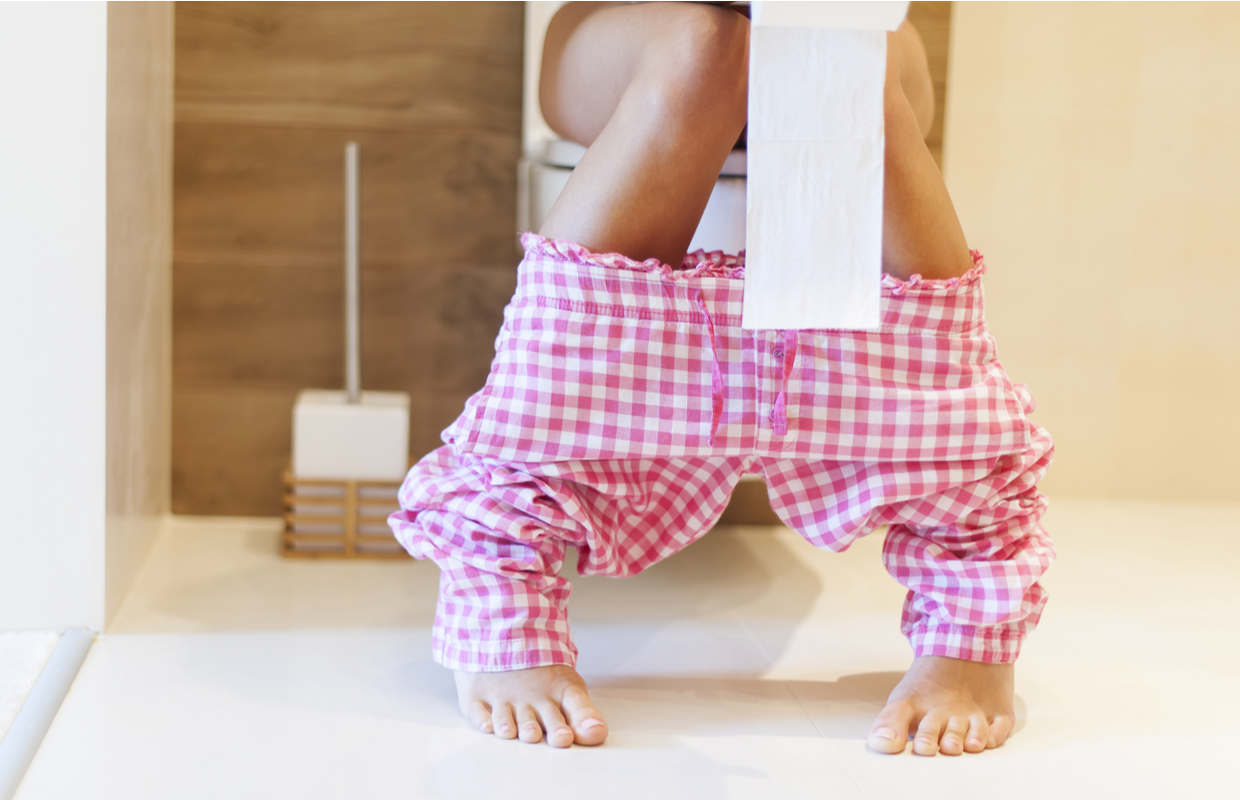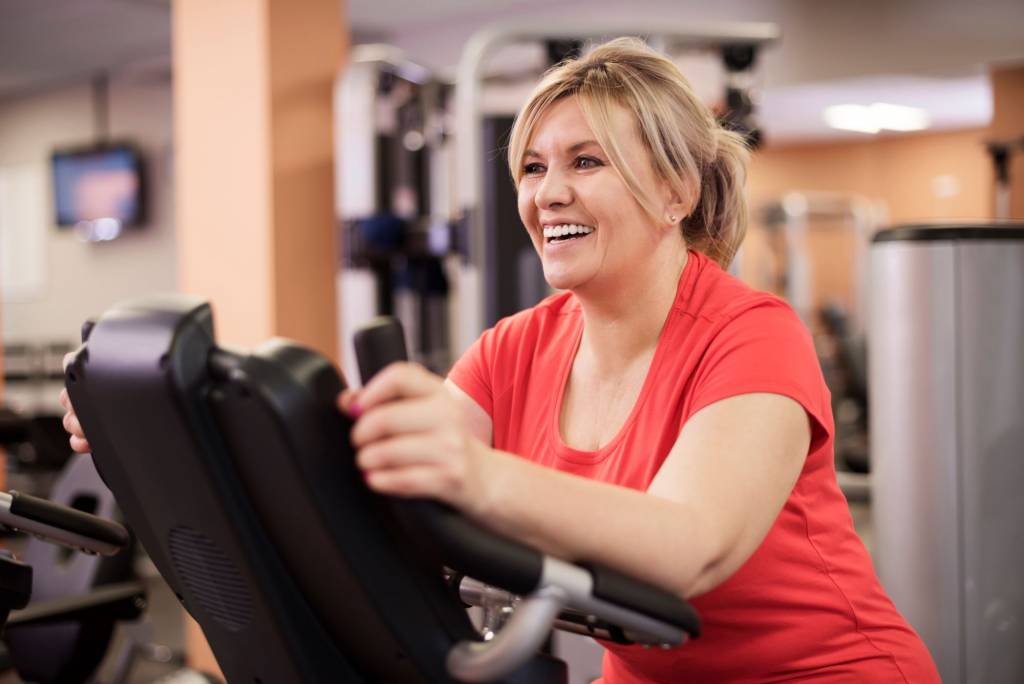If you’re struggling with a bad IBS flare-up, going for a run is probably the last thing on your mind. However, fitness and gut health experts have revealed the many benefits of using exercise for IBS management…
What is IBS?
Health and running expert, Dr Juliet McGrattan, explains: ‘IBS is a very common condition affecting around one in five people. We still do not fully understand its causes. Symptoms include diarrhoea, constipation, bloating and abdominal pains.
‘Other symptoms include indigestion, fatigue and headaches. Sometimes, IBS can cause muscle pains, bladder symptoms and, for women, pain during sex.’
How can exercise help with IBS?

Exercise keeps you regular
If you suffer from constipation, exercise is a great option for keeping your bowel movements consistent and regular.
Dr McGrattan explains: ‘Regular exercise can keep constipation at bay, because it speeds up the passage of faeces through the bowel. This can help to reduce symptoms of bloating, too.’

Exercise reduces stress – a key IBS trigger
If your IBS is frequently triggered by stress, you’re not alone. Stress and tension in daily life consistently cause IBS flare-ups. If you’re trying to manage your stress levels, and in turn, improve IBS symptoms, regular exercise is essential.
‘You can use exercise to stabilise mood and relieve stress,’ explains Dr McGrattan. ‘In turn, this can help you to manage the symptoms of IBS.’

Exercise endorphins benefit your mind and gut
Research has shown that our mind and gut are intrinsically linked. Because of this, it’s no wonder that whatever affects our mind, will also affect our gut.
Dr McGrattan explains: ‘There seems to be a close relationship between the brain and gut. Certain antidepressants improve IBS symptoms, even in people who aren’t depressed. This may be because they reduce pain or have a direct effect on the nerve endings in the gut.
‘When you exercise, your body releases natural versions of some of the chemicals that are in antidepressants, such as serotonin, a well-known feel-good chemical.’ Similar to antidepressants, this chemical can improve your gut health, as well as giving your mental well-being a boost.

Regular exercise for IBS can restore good gut bacteria
According to researchers from Rutgers University in the US, regular exercise restores the balance of good gut bacteria by up to a whopping 40 per cent!
Nutritionist, Dr Maroula Natsi, explains: ‘Exercise increases levels of the phylum Bacteroidetes, which are associated with improved metabolic health and protection against obesity. It’s also been found that people with lean body mass have more of the species Faecalibacterium prausnitzii, Roseburia hominis and Akkermansiamuciniphila in their microbiome make-up.’
Can exercise make IBS worse?
At this point, you might be thinking: ‘but exercise always makes my symptoms worse?’ Well, if you transition from no exercise to lots of exercise, this can cause the regularity of your bowel movements to suddenly increase. Also, if your exercise routine is inconsistent (e.g. one week you exercise 5 times, the next week you don’t exercise at all), your bowels are likely to be similarly inconsistent.
When using exercise for IBS management, the key is consistency. Try to gradually build up how often you exercise, then stick to a routine that works for you.







